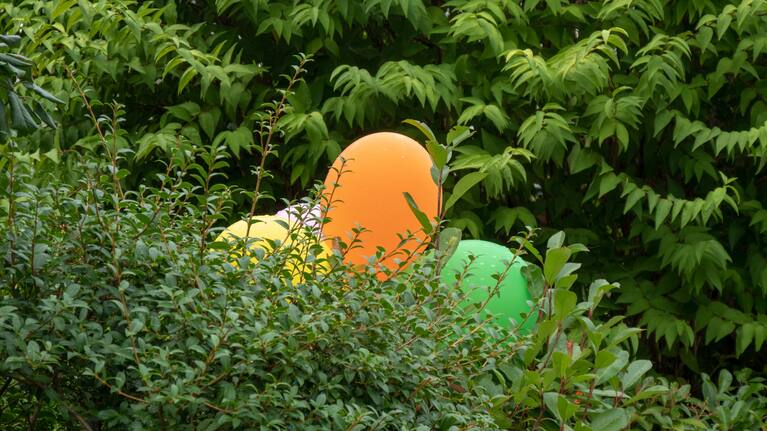Byron Shire Council has banned balloons and other single-use decorations in all its council buildings and outdoor areas to protect wildlife and waterways.
The ban includes all types of balloons such as helium, biodegradable, latex and water balloons, as well as other decorations like glitter, confetti, streamers, glow sticks, party poppers and tinsel.
Byron Shire Mayor Michael Lyon said this is being done for good reason.
“We know that balloons are one of the of the most lethal types of debris impacting Australian seabirds and other marine life, including turtles, who eat burst balloons because they look like jellyfish,” Lyon said.
Banning single use decorations is the first stage of the new single-use packaging and materials policy that came into effect earlier in June this year.
“If balloons and party decorations are ending up in our oceans and waterways and causing harm to our precious marine life, we have to take strong and immediate action to stop this happening—it’s what our community expects, and it’s absolutely the right thing to do,” he said.
The council will be supporting the transition away from harmful single-use decorations through education campaigns, workshops, and online resources.
“The ban will impact those organizing events of all shapes and sizes in our halls, buildings, and parks, but we will be working closely with individuals and groups to make the switch to reusable alternatives. Many local events and venues have already taken the step to eliminate some of these items, and this is just the next phase of Byron leading the way,” Lyon said.
Finding alternative decorations for events is the ‘easy part’ according to the council's litter and illegal dumping prevention officer Jordyn de Boer.
“It’s just about changing your thinking and getting a bit creative, which I know the Byron Shire is renowned for,” de Boer said.
Reusable and sustainable options such as bunting, plants, flowers, fairy lights, and bubbles are some of the many items to be offered instead.
The World Wide Fund of Nature-Australia, WWF, found around 30% of plastics consumed are single-use, and only 12% get recycled in Australia. CSIRO research shows balloons are one of the high-risk plastic items to kill seabirds.





















SHARE ME